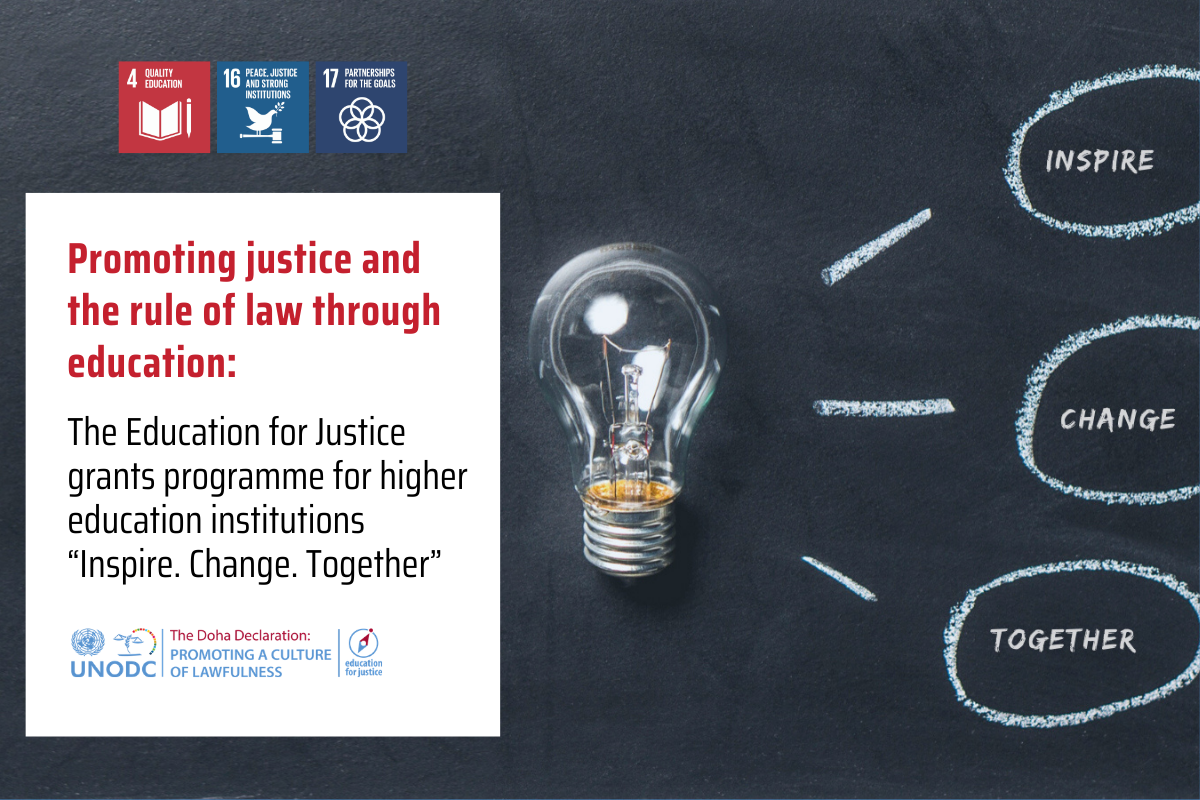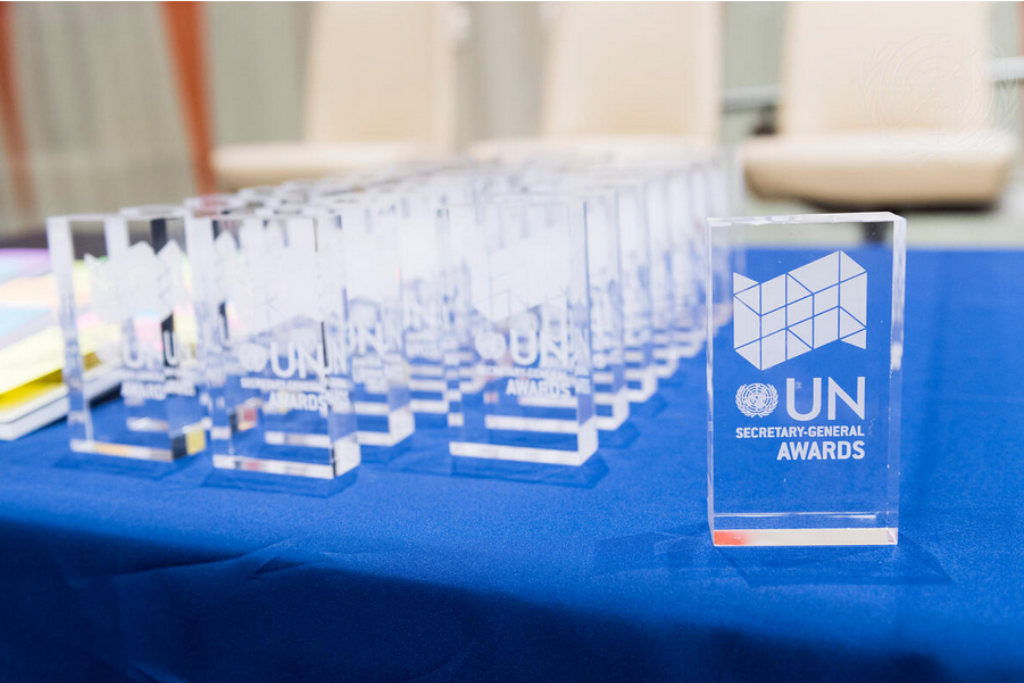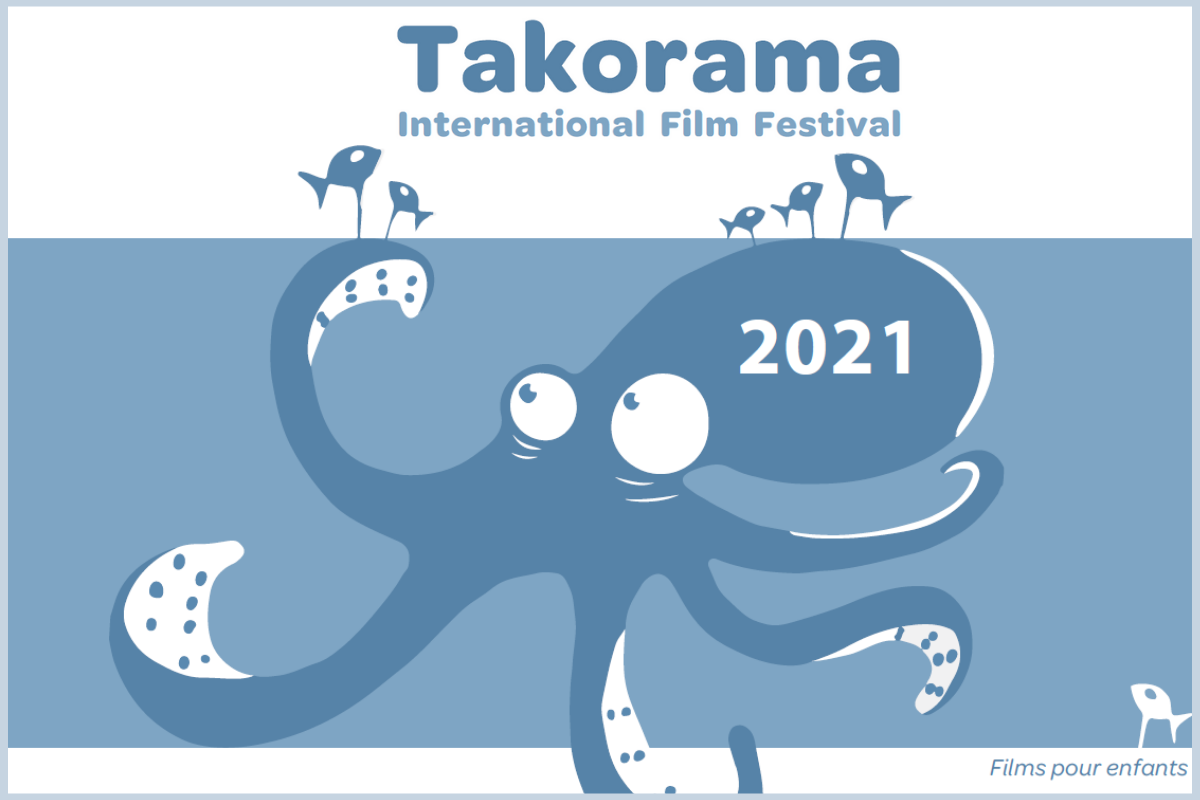Justice Accelerators: Building young social entrepreneurs to boost rule of law and sustainable development
12 August 2020 – While not exclusively a young person’s area, information technology (IT) – including specifics such as artificial intelligence (AI), mobile app development and other emerging technologies – can be of particular interest for youth. At the same time, there is a growing interest among the younger generation in driving implementation of the 2030 Agenda for Sustainable Development, taking advantage of opportunities to become social entrepreneurs. Indeed, according to the 2020 World Youth Report, “There is tremendous potential for young social entrepreneurs to utilize frontier technologies to tackle systemic social issues innovatively and effectively.”
It is precisely these areas that UNODC has chosen to integrate in a brand new pilot programme, the Justice Accelerators. This innovative programme has been developed under Education for Justice (E4J) and seeks to develop upper secondary students’ (aged 16-18) knowledge on social entrepreneurship and IT to address rule of law challenges, such as organized crime, access to justice or corruption. The pilot programme will run for four months in Armenia and Kyrgyzstan – each having their own accelerator programme – in partnership with American Councils for International Education. Teams of up to four students will develop and test IT solutions for rule of law challenges of their choice and the winning team in each country will be awarded seed funding to further develop their projects.
To mark the launch of this initiative, UNODC and American Councils held an event on International Youth Day with participating students and Government representatives from Armenia and Kyrgyzstan. Welcoming those who joined the virtual launch, Global Coordinator of UNODC’s Doha Declaration Global Programme, Marco Teixeira, highlighted the importance of working with young people to promote the rule of law, “Since 2016, our overall Global Programme has impacted the lives of over 1.2 million youth worldwide. Through our new Justice Accelerators initiative, we look set to continue empowering young people to promote the rule of law.” Following from this, American Councils President, David P. Patton, noted how critical partnerships are in ensuring viable solutions are found. “Many of the greatest challenges we face today require serious, well-informed international cooperation if they are to be successfully tackled,” he said. “We are very excited to be partnering with UNODC and the Government of the State of Qatar to be piloting the Justice Accelerators programme in Armenia and Kyrgyzstan.”
UNODC’s Doha Declaration Global Programme, which is funded by the State of Qatar, supports Member States to implement the outcome document of the 13th United Nations Congress on Crime Prevention and Criminal Justice. The Doha Declaration was a pioneer in calling for young people’s engagement in rule of law issues. Speaking during the event, Ashita Mittal, UNODC’s Regional Representative for Central Asia, emphasized the importance a whole-of-society approach to promote the rule of law, “The Justice Accelerators programme shows that rule of law is not only the responsibility of law enforcement or the justice sector. Other areas, such as information technology can contribute to it, and young people with their creative approach to finding solutions can play a key role.”
Armenia and Kyrgyzstan both have vibrant youth populations, which are ever more interested in advancing the 2030 Agenda. Artur Martirosyan, Deputy Minister of Education, Science, Culture and Sport of Armenia touched on this and addressed the importance of education as a means of youth empowerment in the Justice Accelerators programme: “This project is particularly important as it gives space to promote the rule of law through creative approaches…as it is only through creative thinking that we can truly learn to be innovative and flexible.”
Finding solutions to problems through adopting a different mindset was also echoed by Gulshan Abdyldaeva, Chief Specialist of the Department of Pre-school, School and Extracurricular Education of the Ministry of Education and Science of the Kyrgyz Republic who pointed out the importance of using both formal and informal education opportunities.
The Justice Accelerators programme builds on the successful organization of hackathons, or coding challenges, to advocate for young people’s involvement in promoting the rule of law through IT, the latest of which was held in November 2019. Previous experiences also helped build the programme’s gender focus, seeking to engage young female developers. According to a UNESCO study, only 35 per cent of students in the fields of science, technology, engineering and mathematics (STEM) are women, which highlights the need for wider participation of young women and girls. This pilot initiative also supports youth engagement in the advancement of the Sustainable Development Goals, particularly Goal 4 (Quality Education), Goal 5 (Gender Equality), Goal 8 (Decent Work and Economic Growth) as well as Goal 16 (Peace, Justice and Strong Institutions).
Additional information:
American Councils for International Education
UNODC Regional Office for Central Asia
Secretary-General’s Roadmap for Digital Cooperation


